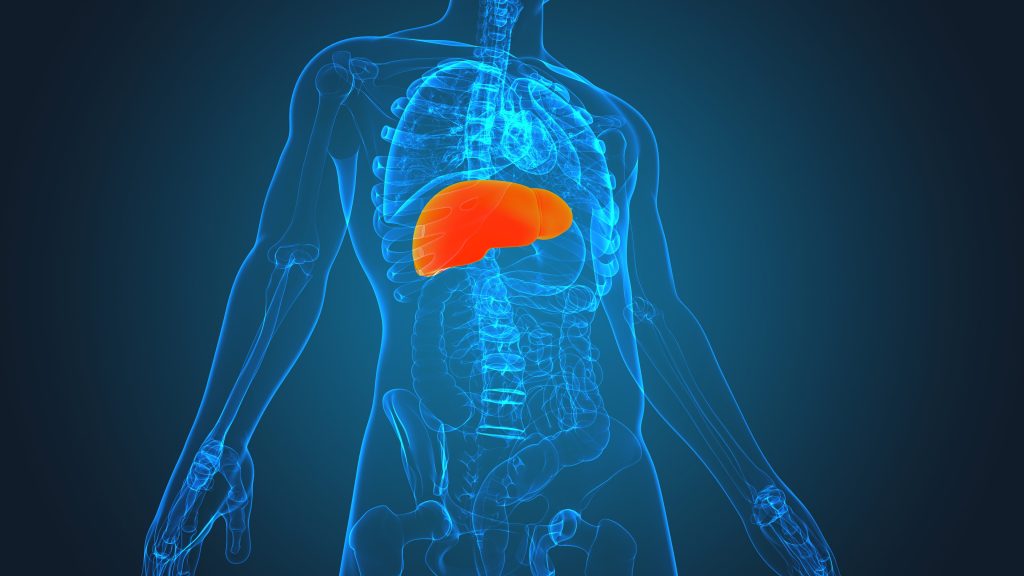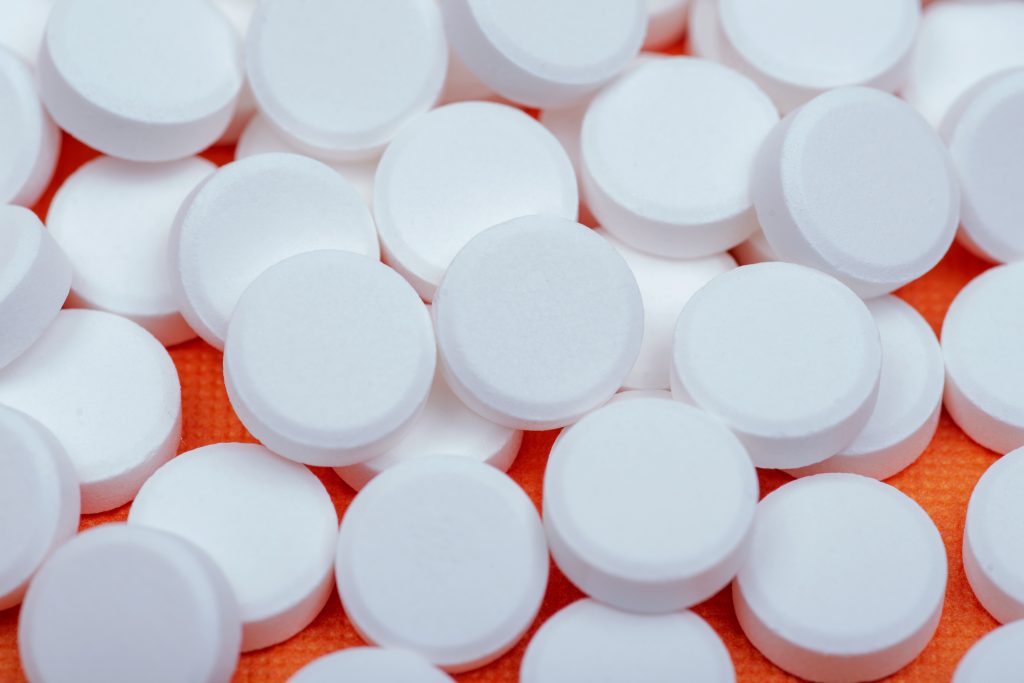The Physical Symptoms of Liver Damage

Millions of patients in the U.S. are battling liver disease, waiting for and receiving liver transplants. Early signs of liver damage can most commonly go unnoticed, yet lead to symptoms of liver dysfunction. Some of these are subtle and are missed at times.
The Importance of Liver Health
Livers. We all have one and know we need it, yet most people can’t explain exactly what the liver’s purpose is. As one of the body’s largest organs, the liver is responsible for many functions, including building resistance against infection, processing glucose, and storing vitamins and minerals.

The Signs of Liver Damage
Common key symptoms that alert us to significant liver damage, or damage to the associated bile system, are yellowing of the skin (jaundice) and itching. Other symptoms may include yellowing of the whites of the eyes, pale-colored stool, dark-colored urine, joint and connective tissue pain, a general feeling of being unwell, disorientation, and sleepiness. Other findings such as brain fog and itching might also indicate a problem with the hepatic (liver) system.

When to See a Doctor
Acute liver symptoms left unaddressed lead to chronic liver complications and eventually liver failure, which, in any of its stages, is life-threatening and can worsen over time. Look for any changes in, among others, yellowing, mental state or behavior, upper abdomen tenderness, or color of urine or stool. See your physician regularly to discover any other less obvious symptoms and to perform lab tests. Many times, abnormal blood work will be the first finding of a damaged liver.

Causes of Liver Disease
Some prescription medicines, including antibiotics, anticonvulsants, and nonsteroidal anti-inflammatory drugs (NSAIDs), can cause acute liver failure. One of the most common causes of acute liver damage in the U.S. is the misuse of acetaminophen. Exposure to toxins is another main cause of liver failure. Most common among these toxins are carbon tetrachloride (a solvent used in waxes and varnishes) and certain mushrooms.
Hepatitis A, B, and E and viral infections caused by herpes simplex virus, cytomegalovirus, and Epstein-Barr virus can also affect the liver. Although rare, autoimmune and metabolic disorders can cause acute liver failure. Cancer, vascular liver disease, and shock can affect blood circulation, causing liver damage.
How to Reduce the Risk of Liver Disease
Taking medications only as prescribed is important. Keep your doctor updated on the medications you are currently taking to avoid drug interactions. Avoid alcohol, drugs, and contact with body fluids of others and maintain a healthy weight. It is important to avoid excess sugars and fructose.
Dr. Meredith Warner, MD has formulated an exclusive line of supplements to further support your liver health by detoxing and cleansing.
Liver Complex — 15-Day Detox Program
Features a variety of ingredients curated to help detox the liver and improve function.
Poor liver function can significantly strain all aspects of the body and its other functions, including chronic joint and connective tissue pain, as well as brain fog and fatigue. This complex restores nutrient deficiencies in the body, promotes healthy energy levels, improves bloating symptoms, and supports a healthy metabolism.
Wake Well — After-Alcohol Recovery Aid
Packed with ingredients curated to help your body efficiently metabolize alcohol, address inflammation, support your liver health, and replenish depleted nutrients. Supplementing nutrients is considered a method to lessen hangover symptoms. This unique formulation can help your body metabolize alcohol more efficiently to leave you waking up feeling refreshed, restored, and ready to start your day without regretting the night before.





